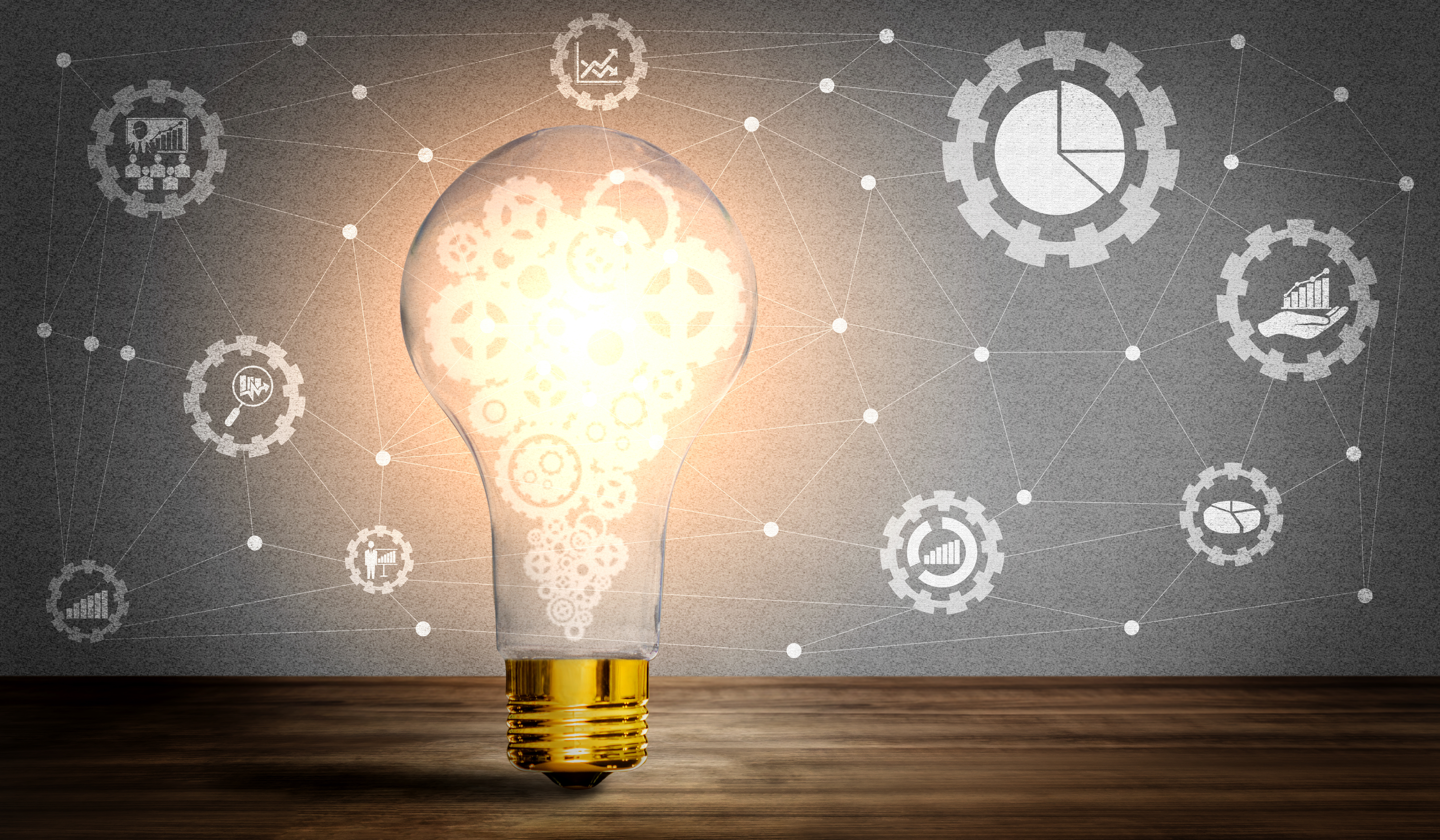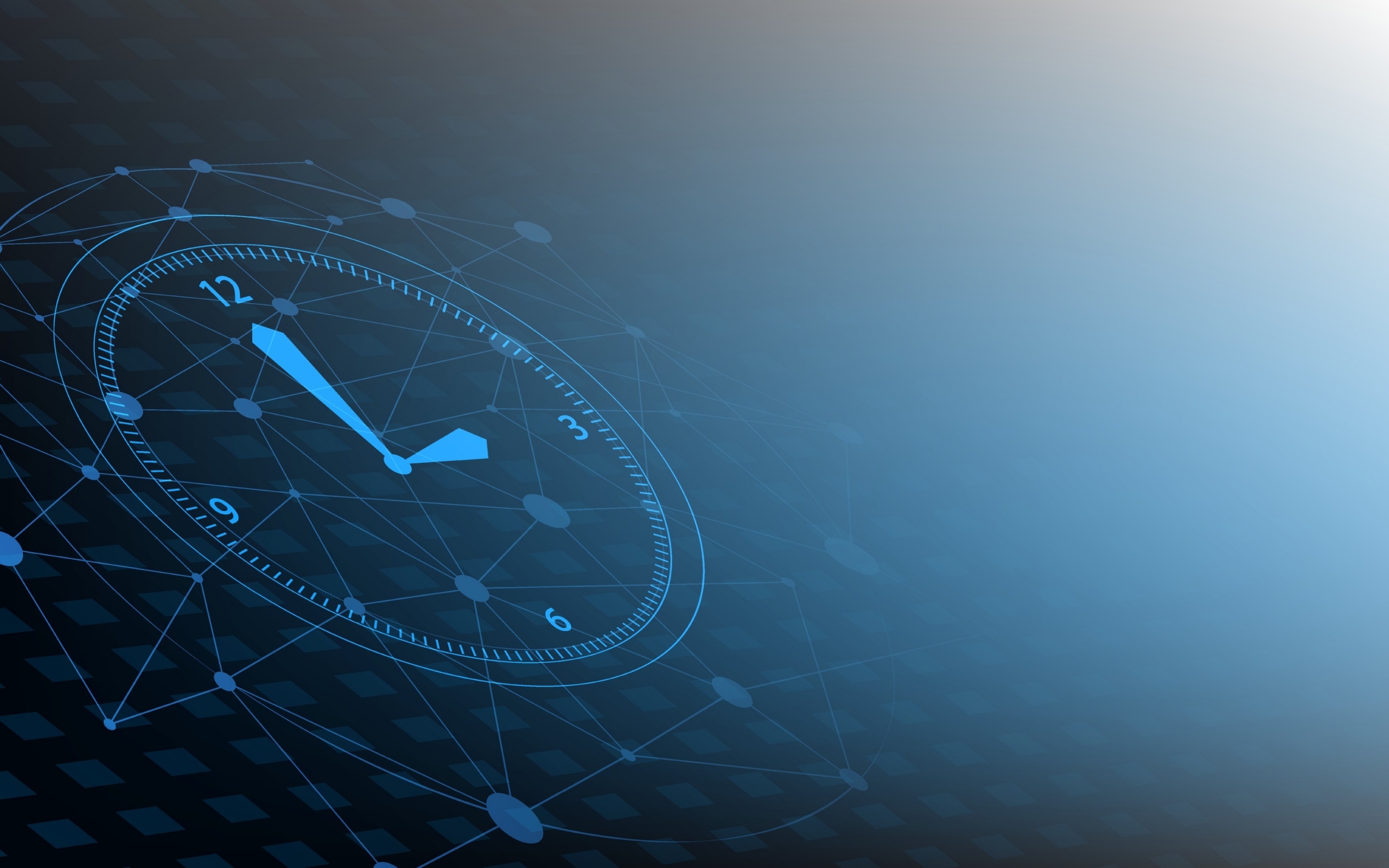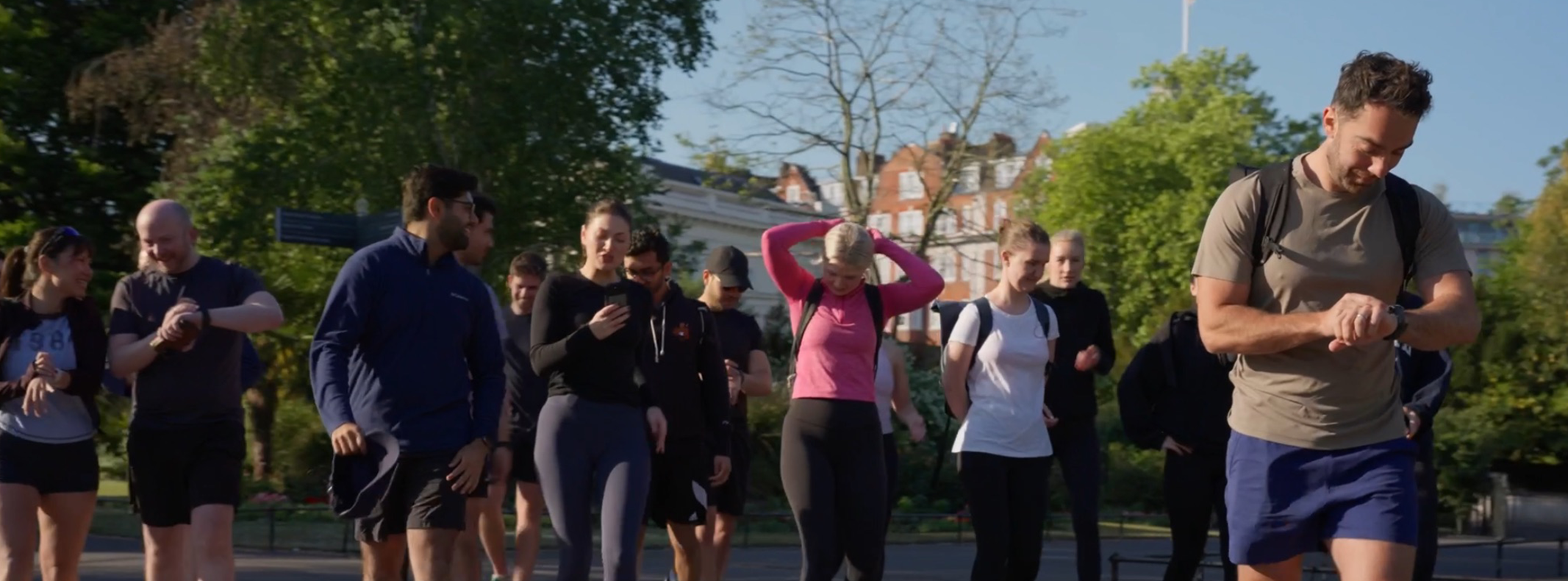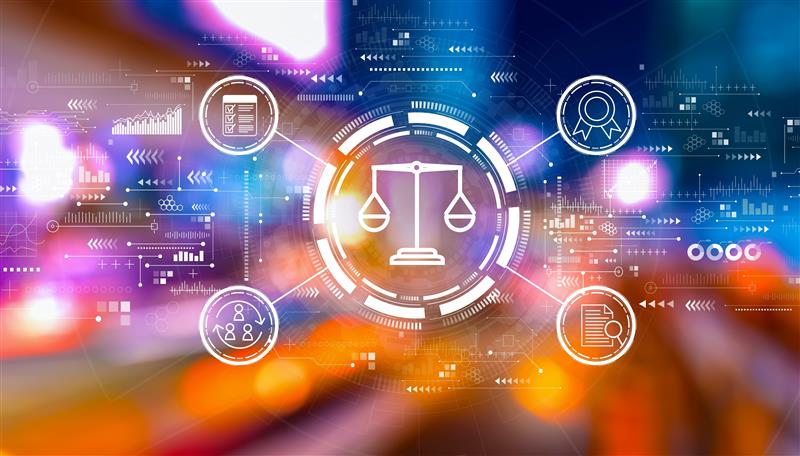Soundtracking the future: how deep tech is pushing the limits of creativity
Creativity at scale
Picture this. A soundtracked drive down a flowing California highway, through desert, rolling hills and out onto the coast. Through different weather systems, environments, and finally into the city. The right soundtrack would, of course, be essential on a drive like this, but while streaming services come loaded with a host of curated playlists – plus the function to create more – they struggle to break out of the generic.
What this imagined (and enviable) drive demands is a reactive soundtrack. One that keeps pace with the unfolding landscape. One that responds to environmental cues, or user input, to compose emotionally-resonant music in real time. LifeScore, one of the newest additions to the Octopus Ventures deep tech portfolio, is bringing this vision to life.
The eclectic background of LifeScore’s co-founders represents a meeting of minds from across sectors. CEO Philip Sheppard, is a composer who’s written the scores for over 65 different pieces of film and television. His credits include producing the national anthems for the 2012 Olympic Games in London — and designing a composing-focussed computer game. Tom Gruber, LifeScore’s CTO, was the co-founder and CTO of the team that invented Siri, Apple’s artificial intelligence solution and a milestone in AI history. COO Chris Walch, arrived in her role after a storied career in corporate law, while Ian Drew, the company’s Chairman, brings 25 years of experience in tech, with a background at ARM and Intel, and a successful track-record as a founder.
They founded LifeScore to answer one question. What happens if you apply cutting-edge technology to music composition? The company’s solution doesn’t just point to a radical shift for the music industry — it gestures beyond, to a new realm of possibility that opens up when technology is married to the forefront of human artistic creativity.
Mood music
Music is central to our beings, and to the human experience. If Maslow’s Hierarchy of Needs doesn’t encompass it, it’s an oversight on his part. One that stems, perhaps, from the time of his writing that list: streaming services and personal devices have unlocked access to a library of music unprecedented in human history.
The events of the past two years have only served to underscore the vital role that music plays in our everyday lives. Research has shown its benefits in mental health treatment, and few of us failed to notice the positive impact it had in improving our moods and bringing us together – even as we were trapped apart – over lockdown.
As a sector, though, music represents a serious challenge to disrupt. New artists might pioneer new sounds, driving culture in a fresh direction. But delivering therapeutic music, or music that can be tailored to the emotional needs of the listener and respond to meet those needs on demand – and at scale – has been impossible.
LifeScore has supplier relationships just like any other company. Composers design short melodies, rhythms or beats – the component parts that make up a rich and full piece of music. LifeScore’s technology mixes these together in different permutations and combinations that respond to environmental stimulus and user input, creating new music, in real time, on demand for the listener. When it comes to suppliers, LifeScore is working with artists from companies including Warner Music Group and Universal Music Group – both of which are also investors in the company.
The implications are extraordinary. Use cases extend from sleep and meditation apps, to doctors’ surgeries, to inhospitable and frightening diagnostic spaces, such as MRI machines. But the real innovation lies in LifeScore’s ability to recognise the therapeutic role music plays in our lives, and make it functional — at scale.
Soundtracking digital space
Over the last decade, AI-generated art has been met with scepticism, or treated as a novelty. A portrait generated by AI sold at auction for over £300,000 in 2018, but was derided by critics. LifeScore is different. This isn’t about showing off the capabilities of AI, but instead putting it to work productively — augmenting the human capability through its collaboration with artists in generating new, original work, and improving user performance, whether that’s during exercise, meditation or gaming.
People are spending more time than ever before in digital space, and this is only set to grow. As of last year, some 517m people around the world were gaming¹. Game designers are committed to building fully immersive, beautifully realised interactive worlds. While world-class composers work on soundtracks, game music struggles to keep pace with the expansive, and endlessly-iterating, environments gamers love to explore.
This presents another valuable use-case for LifeScore, but it also points to a wider truth: that individual human creativity will struggle to keep pace with the boundlessness of virtual worlds. Once again, it’s a question of scale. As LifeScore proves, it’s a question that can be answered, through disruptive collaboration between human artists and technology.
Augmented experience
Last year, Snap Inc acquired Octopus Ventures’s portfolio company, WaveOptics, in one of the largest-ever deep tech acquisitions in UK history. We backed WaveOptics because we felt the company’s augmented reality (AR) displays represented an essential step in bringing wearable augmented reality technology out of niche markets like healthcare and military applications — and into the mainstream.
The company’s acquisition – the largest ever made by Snap – supports that thesis. But when we invested, the AR market was still nascent. It’s only been in the last few years that pioneering companies have begun to meaningfully erode the border between real and virtual space.
WaveOptics’ technology allows users to mesh real and digital experiences and, in a way, LifeScore’s does too. While the global popularity of gaming signposts huge enthusiasm for total immersion in virtual worlds, people are also keen to augment their real-world experience.
Soundtracking the future
Let’s return to that dreamy, hypothetical car ride. For that drive to steer out of fantasy and into reality, many things need to come into alignment. You need a team, with the vision and experience to build technology capable of creating compelling compositions. You need artists, able to supply musical building blocks for the technology to work with. And you need the technology itself: capable of responding to user input and environmental stimulus to generate music with authentic emotional resonance.
What these things in combination unlock is a new dimension of possibility to the human relationship with music. While technology has previously transformed instruments, sounds and accessibility, LifeScore’s has created the possibility for a new inflection point entirely.
Our mandate on the Octopus Ventures deep tech team is to recognise not just the potential in incredible new technology — but the market this technology stands to disrupt, or even create. We’re always on the lookout for pioneering businesses with the imagination, and ambition, to shape the future. Music and creativity are at the core of what it is to be human, but their fundamental qualities don’t, and shouldn’t, make innovation impossible.
If you’re humming the melody of an idea that could change the world, or you want to talk more about the dance between creativity and technology — please get in touch, at [email protected]
¹Statista Digital Market Outlook, July 2021













